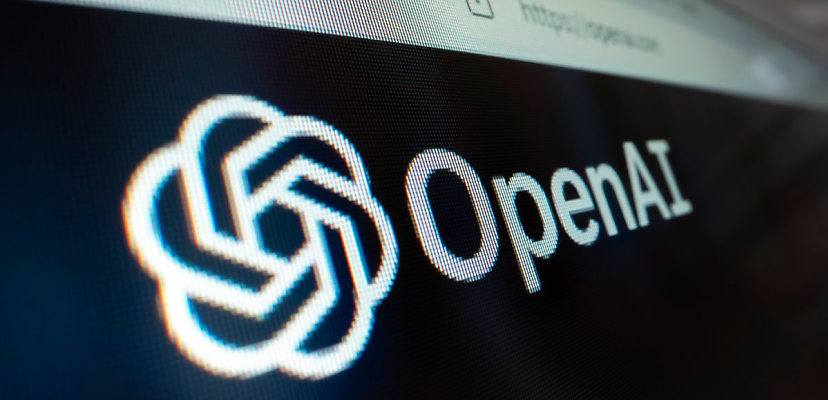Share this article on:
Powered by MOMENTUMMEDIA
Breaking news and updates daily.
In an effort to curb the dangers presented by powerful and potentially threatening artificial intelligence (AI), ChatGPT maker OpenAI has announced the adoption of a “Preparedness Framework”.

In a blog post on its site, OpenAI said that the framework is designed to lay out the foundations for safety when working on and with AI models with superintelligence.
“The study of frontier AI risks has fallen far short of what is possible and where we need to be. To address this gap and systematise our safety thinking, we are adopting the initial version of our Preparedness Framework,” said OpenAI.
“It describes OpenAI’s processes to track, evaluate, forecast, and protect against catastrophic risks posed by increasingly powerful models.”
The updated framework lays out how the company will identify catastrophic risks and then decide how it will proceed.
Catastrophic risks are those that result in severe harm or death to many people, billions in economic loss or existential risks.
The Preparedness Framework, which is currently in beta, introduces a number of measures with which OpenAI will evaluate the risk of AI models.
For instance, the company has introduced scorecards for its frontier models, which will be used throughout testing to analyse the potential dangers they create. These include cyber security risks, the model’s autonomy, dangers relating to CBRN and persuasion.
The final score is the same as the highest risk score of any category.
There are four scores – low, medium, high and critical – each of which is carefully defined. Only models that earn a score of medium or lower will be allowed to be deployed. Models that earn a score of high or lower are still allowed to be developed.
OpenAI has also announced a preparedness team that, it said, will “drive technical work to examine the limits of frontier models capability, run evaluations, and synthesise reports”.
“This technical work is critical to inform OpenAI’s decision making for safe model development and deployment.
“We are creating a cross-functional Safety Advisory Group to review all reports and send them concurrently to leadership and the board of directors. While leadership is the decision-maker, the board of directors holds the right to reverse decisions,” it said.
The bolstering of the company’s security measures regarding frontier AI models comes only weeks after a hiccup at the company resulted in chief executive Sam Altman being fired, before being rehired just a weekend later.
The CEO was reportedly fired due to not being candid about a potentially dangerous AI known as Q* (pronounced Q Star) with superintelligence, or that which is greater than human intelligence.

Be the first to hear the latest developments in the cyber industry.